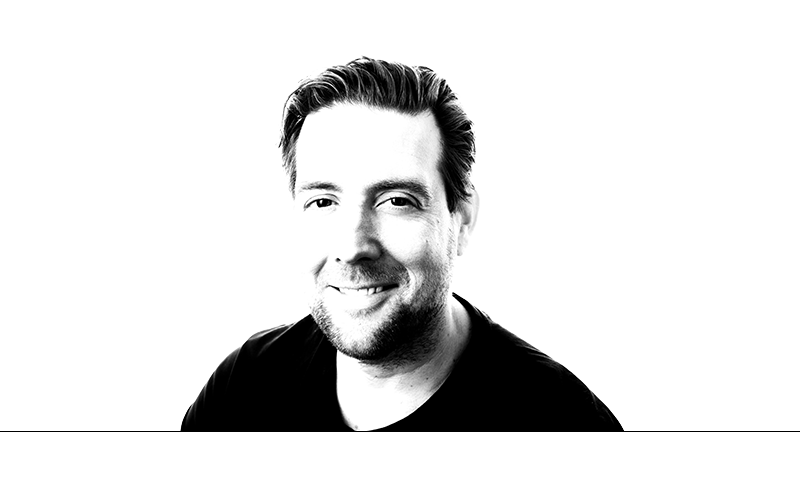A colleague pointed me to an article in Nature about quiet quitting: workers who opt to do less and less undervalued or unpaid work in the working week. I say working week, but this work is often done in the evening or weekends. About three quarters of scientists said in a Nature poll that they have scaled down their work in certain areas (see figure from the article).
First, I think quiet quitting is a grossly misleading term. How dare those academics only do the work they are paid to do and not put in all those additional hours uncomplainingly?
Desperate editors try to get me to review manuscripts on work well outside my field of expertise
Besides, the term suggests a certain passivity, when it could equally be called ‘self-care’, ‘healthy work-life balance’ or ‘setting priorities’. Let us hope that the new recognition and rewards system, in which academic services will count in evaluations, will help, and that government funding for extra staffing will take a bit of the pressure off too.
But another task that adds to the workload and that many academics are scaling down, according to the poll, is reviewing manuscripts. I notice this myself: not only are my own manuscripts under review for longer and longer and coming back with fewer reviewer reports, but more and more desperate editors are trying to get me to review manuscripts on work that is well outside my field of expertise. It can’t go on like this much longer if you ask me, especially given the increasing number of scientific publications. We need a different review model that takes into account the time overworked scientists spend on this. Can that be done? Is there money for it? The largest academic publishers are Elsevier (18.1 per cent), Springer Nature (13 per cent) and Wiley (9.5 per cent). At Elsevier, the profit margin last year was 37.9 per cent and at Wiley 27.9 per cent. Those are better margins than Apple, Google or Amazon have! And Springer Nature? No idea how much profit they made, but they published an article about those pathetic quiet quitting scientists as if it was none of their doing at all…

Guido Camps (39) is dierenarts en onderzoeker bij Humane Voeding en OnePlanet. Hij houdt van bakken, bijen houden en bijzondere dieren.
[1] https://www.nature.com/articles/d41586-023-00633-w




